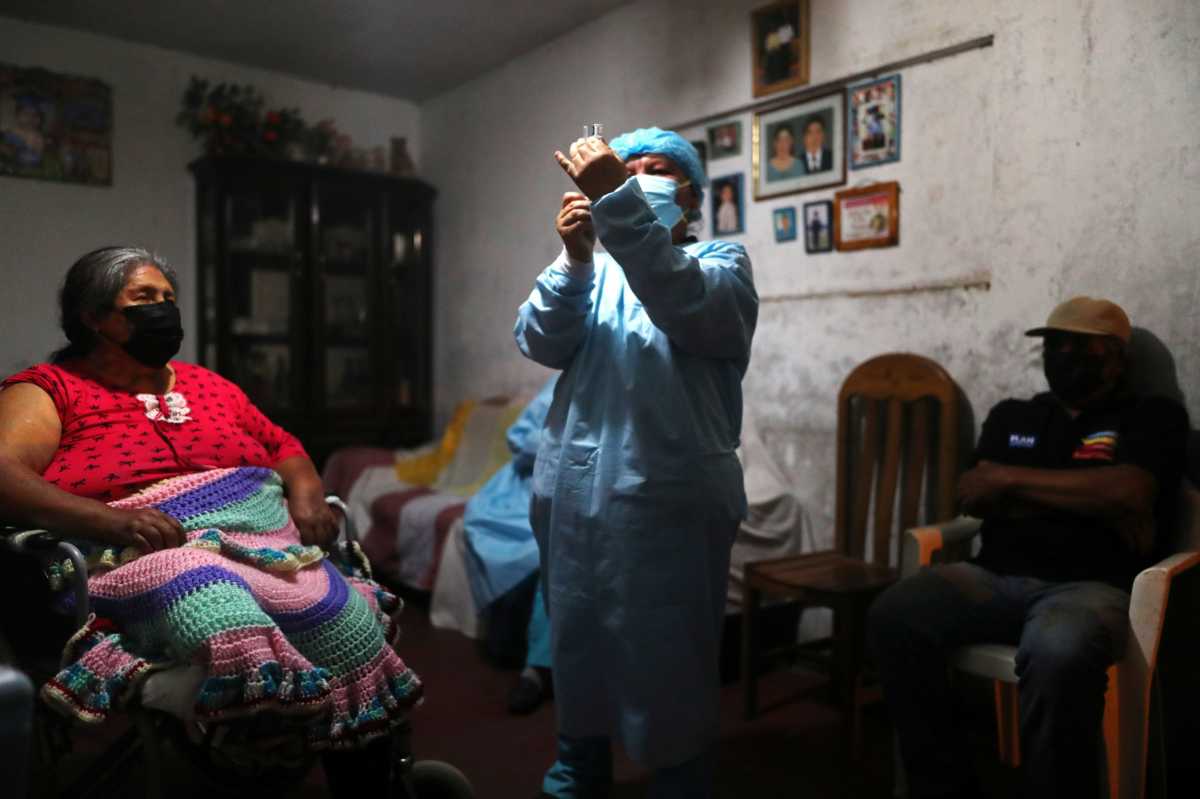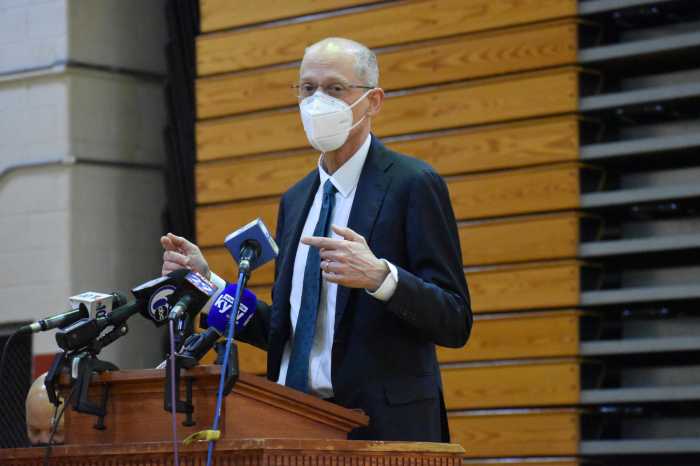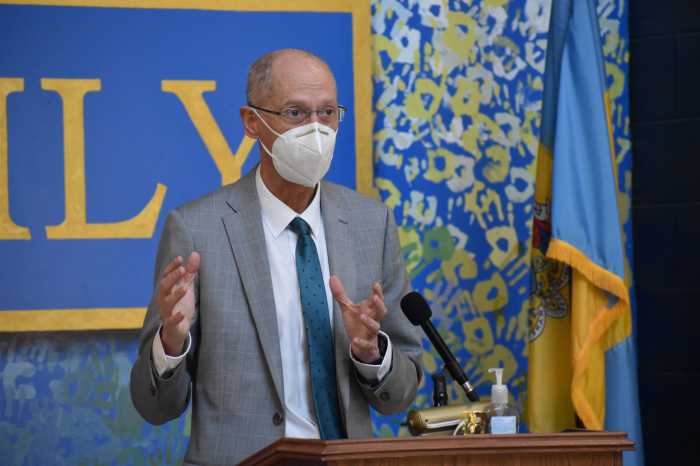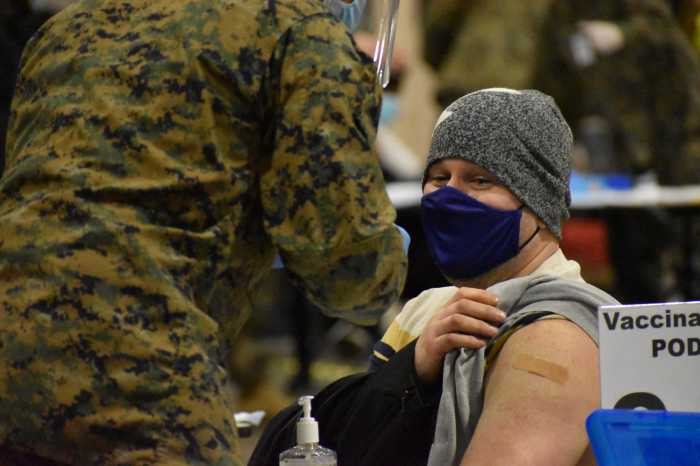By Ludwig Burger and Michael Erman
BioNTech and Pfizer said on Wednesday a three-shot course of their COVID-19 vaccine was able to neutralize the new Omicron variant in a laboratory test, an early signal that booster shots could be key to protection against infection from the newly identified variant.
The German and U.S. companies said two doses of their vaccine resulted in significantly lower neutralizing antibodies but could still be protective against severe disease.
“The first line of defense, with two doses of vaccination, might be compromised and three doses of vaccination are required to restore protection,” BioNTech Chief Medical Officer Ozlem Tuereci said at a press conference.
The companies also said they could deliver an upgraded vaccine targeted specifically at the Omicron variant in March 2022 if one is needed.
BioNTech and Pfizer are the first manufacturers of a COVID vaccine to issue an official update on the efficacy of their shot against Omicron.
In samples of blood taken around a month after the third shot the Omicron variant was neutralized about as effectively as two doses neutralized the original virus identified in China.
The Omicron variant, first detected in southern Africa and Hong Kong last month, has triggered global alarm about another surge in infections. Cases have already been reported from Japan to the United States and across Europe.
“The new data from Pfizer on vaccine effectiveness against Omicron is encouraging,” U.S. President Joe Biden tweeted on Wednesday. “Anyone who is eligible and has not been boosted should go get a booster today.”
BioNTech CEO Ugur Sahin suggested that countries might consider shortening the time period between second and third doses of the vaccine to combat the new variant.
He cited recent moves by countries including Britain to bring the third shot forward to three months after the second shot, from six months previously.
“We believe this is the right way to go particularly if the Omicron is now spreading further, to enable a better level of protection in the winter season,” Sahin said.
Dr. Walter Orenstein, a professor at Vanderbilt and former director of the U.S. CDC’s immunization programs, said he found the data encouraging because it suggests that the current vaccines are still usable against the Omicron.
“We may not have to change the vaccine,” he said. “We may be able to get by with the current vaccine, at least for repression of severe disease.”
OMICRON-SPECIFIC VACCINE
The World Health Organization classified Omicron on Nov. 26 as a “variant of concern” but said there was no evidence to support the need for new vaccines specifically designed to tackle the variant and its mutations.
Nevertheless, the companies said they would continue efforts to bring an Omicron-specific COVID-19 vaccine to market. Work started on Nov. 25.
They said their planned production of 4 billion doses of the Comirnaty vaccine in 2022 was not expected to change if an adapted vaccine was required. BioNTech said that even if an adapted vaccine was available in March, it would not be broadly available for some time, noting that perhaps 25 to 75 million doses of the new vaccine would be ready at first.
Pfizer scientist Kena Swanson said the company is considering also testing two doses of an Omicron-specific vaccine in currently unvaccinated people.
Pfizer and BioNTech’s findings are broadly in line with a preliminary study published by researchers at the Africa Health Research Institute in South Africa on Tuesday, which said Omicron could partially evade protection from two doses of the Pfizer/BioNTech vaccine and suggested a third shot might help fend off infection.



























